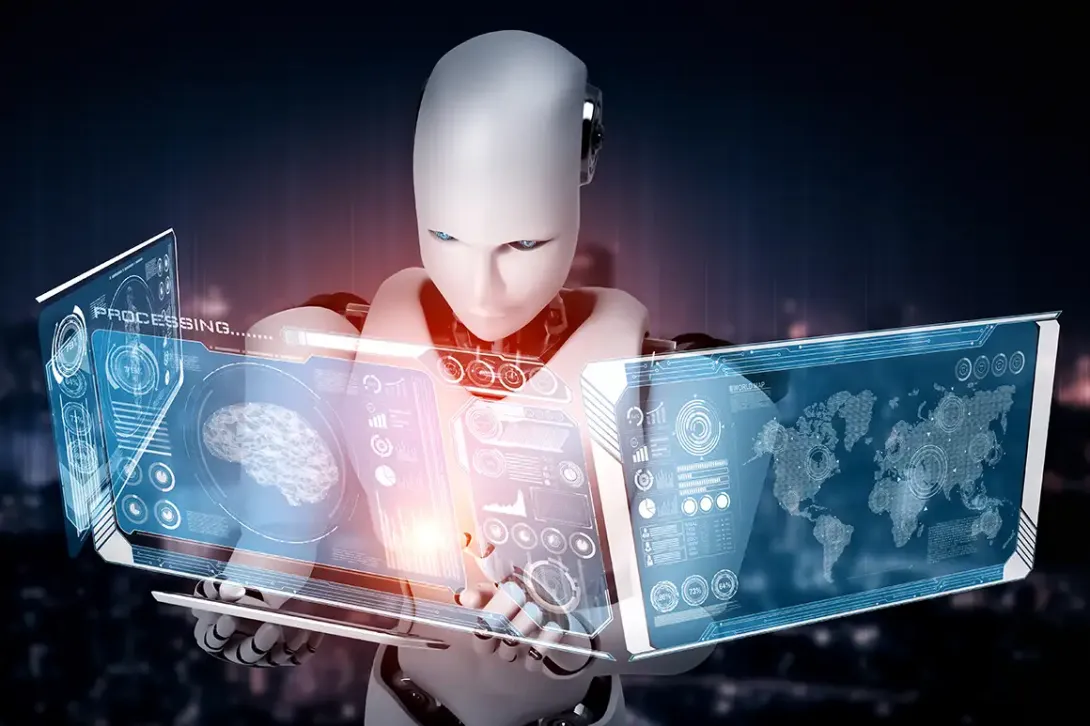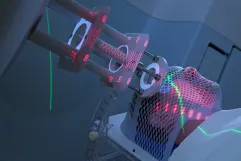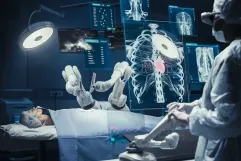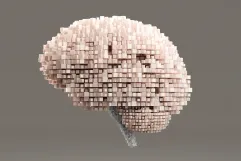
Do androids dream of human intelligence?
The work environment is one of the main fields of application of AI, due to the optimisation of resources. However, the future predicts a radical transformation in the way work is conceived.
Cinema has insisted on offering a catastrophic vision of robots and artificial intelligence in our lives. Stanley Kubrick’s 2001: A Space Odyssey (1968) narrated the rebellion of the great cybernetic brain HAL 9000; Ridley Scott’s Blade Runner (1982) - adapting Philip K. Dick’s science fiction story Do Androids Dream of Electric Sheep? - showed replicants who came to emulate humans in their most intimate dilemmas, such as the fear of mortality; and Spike Jonze’s more recent film Her (2013) reflected the particular relationship between an introverted, taciturn man and a seductive operating system as a symptom of a certain contemporary loneliness.
Many voices today talk about the possibility that AI could take jobs away from people. Rubén Cruz is convinced that “it will have an impact on certain fields such as science and arts, but above all it will serve to complement our work”. To explain the capabilities of this technology, he appeals to the famous superhero movies of the Avengers saga: “AI is like the robot called Ultron, a kind of superhuman who, thanks to the powers of the Mind Gem, draws on all human experience”.
An effective co-pilot
Juan de Dios Llamas is convinced that AI will have a “co-pilot” function: “Above all, it will be an assistant that will have an impact on all sectors and will allow many more tasks to be carried out. However, we have not yet reached the next stage, that of a general AI that knows everything and can do anything better than a human being. This is a horizon that is still some time away, maybe three years or so, but which can more radically transform our conception of work,” he adds. It is undoubtedly an uncertain scenario, but full of exciting options, which - as we will see below - may have some of their most interesting, and even revolutionary, applications in scientific fields such as medicine.




